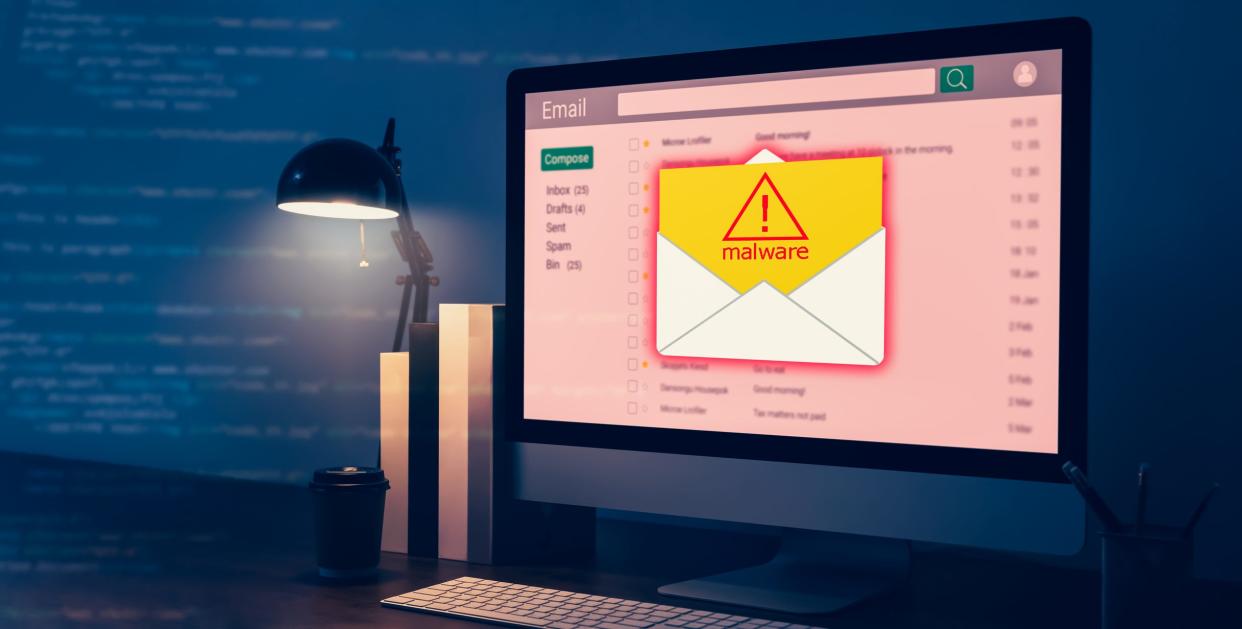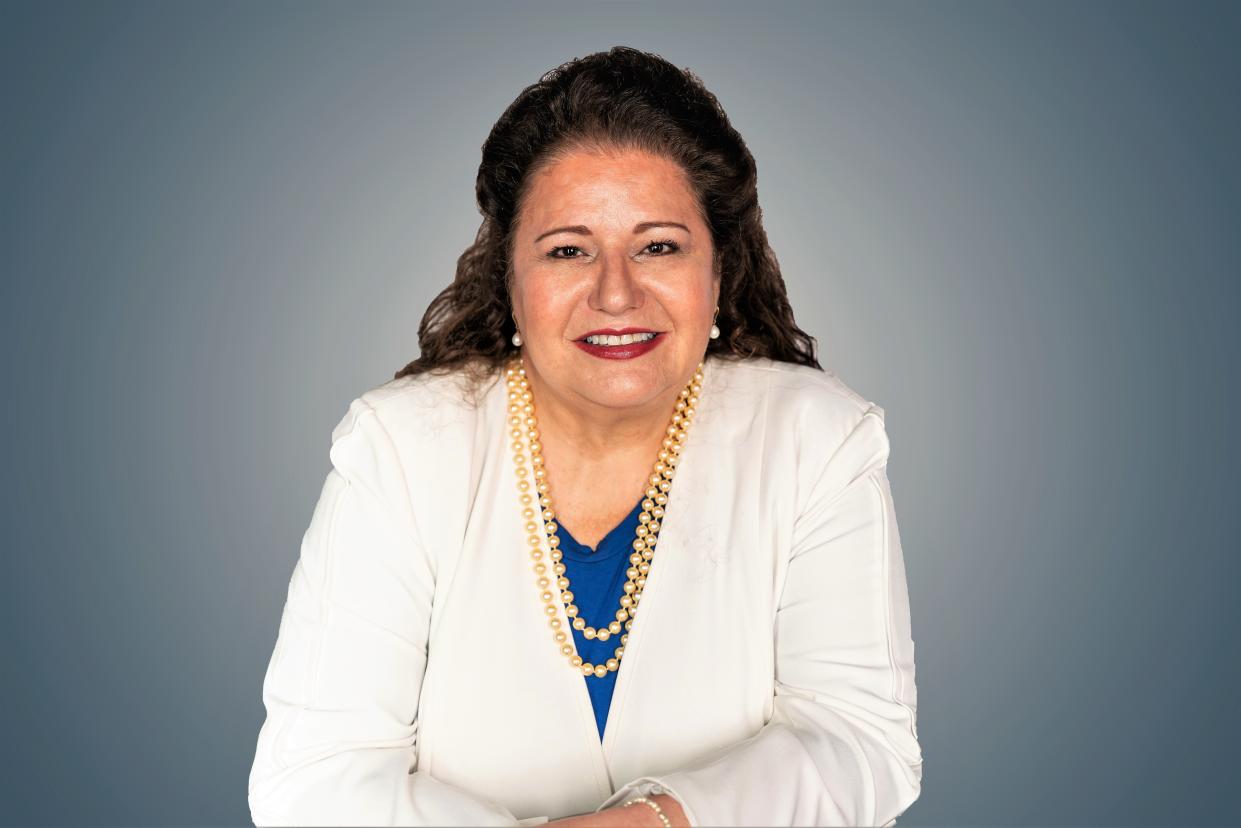How to stop scammers from coming after your verification codes to get into your accounts
April is Financial Literacy month. This Wallet Warnings column is about a trend we are seeing in our county- scammers seeking your verification codes.
So far in 2024, our partners at the Better Business Bureau (BBB) have received 215 scam reports on this issue from Shelby County for a loss of $ 309,465!
A growing number of these reports mention a scammer gaining or trying to gain access to a verification code in some way.
There has been an uptick in calls from concerned consumers to the BBB inquiry line about this tactic.
More Wallet Warnings: Social media quizzes can be fun, but they cause you headaches and cost you money
What is a verification code, and why would someone ask me for it?
When you log into your bank, credit card, or other online account (Amazon, your health insurance website, etc.), you might receive a text message or email containing a verification code.

You’re instructed to enter this code at the login screen to confirm your identity. This process, known as “two-factor authentication," adds an extra layer of security to your account and helps prevent scammers and hackers from gaining unauthorized access. Because it’s a quick and simple way to add protection to confidential data, the codes are now being used by many financial institutions and other organizations to protect your accounts.
Think of your account password and the verification code as working together, similar to a doorknob lock and a deadbolt. If you unlock the doorknob but not the deadbolt, you can't get inside. Similarly, if you have the account password but not the verification code, you can't access your account.
Scammers also need both "keys" to break into your account. To achieve this, they may try to deceive you into sharing your verification code. They might pose as someone you trust, claim to have detected an issue with one of your accounts, or suggest that your identity is being used by someone else. These scammers may possess some of your personal information and can be very convincing. They might even offer to assist you in resolving the supposed problem and then ask for your verification code.
If you give anyone your verification code, they can log in and transfer all the money out of your accounts.
Tips for how to stop the scammers
Never, ever give your verification code to someone else. It’s only for you to log into your account. Anyone who asks you for your account verification code is a scammer! The risk to your money and identity is tremendous. Keep the code private, use it to log in, then delete it.
If you’re worried there's a problem with your account, reach out directly to the entity that houses your account (bank, credit union, retailer, etc.). Use a number you trust, like the one on your statement or in your app. Never use the number the caller gave you; it’ll take you to the scammer.
Never access your online accounts on a public Wi-Fi network.
If someone asks you for your verification code, don’t engage. Hang up or stop texting them. Block their number. Then report it to BBB’s Scam Tracker to warn others.
On the consumer good news side
The Consumer Financial Protection Bureau (CFPB) finalized a rule in March of this year to cut excessive credit card late fees which were happening due to a loophole in the law. The rule will curb fees that cost American families more than $14 billion a year.
The CFPB estimates that American families will save more than $10 billion in late fees annually once the final rule goes into effect by reducing the typical fee from $32 to $8. This will be an average savings of $220 per year for the more than 45 million people who are charged late fees.
“For over a decade, credit card giants have been exploiting a loophole to harvest billions of dollars in junk fees from American consumers,” said CFPB Director Rohit Chopra. “Today's rule ends the era of big credit card companies hiding behind the excuse of inflation when they hike fees on borrowers and boost their own bottom lines.

Our goal with Wallet Warnings remains the same - to help you safeguard your money. If you have any questions or need any additional information about anything discussed here, please call (901) 222-0206. We are happy to help you avoid scams, fraud and predatory lenders. You work hard for your money, and we want to make sure scammers don’t get it.
Regina Morrison Newman is the Shelby County Trustee. She writes the Wallet Warnings regular feature.
This article originally appeared on Nashville Tennessean: Online privacy security: Never give your verification code to anyone
